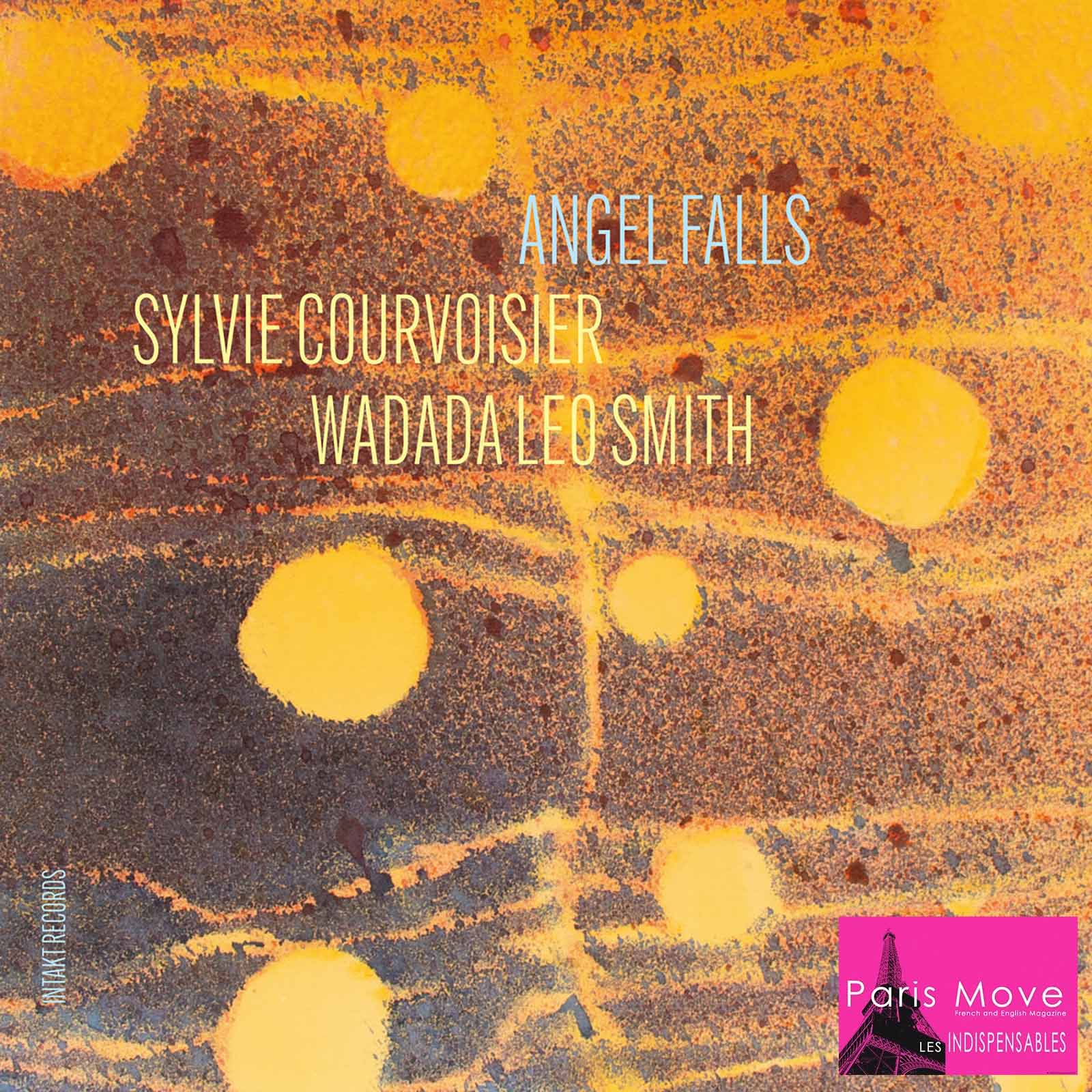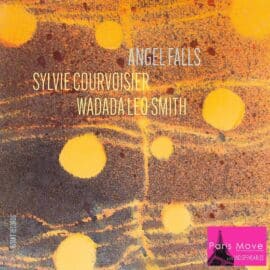| Jazz |

Sylvie Courvoisier & Wadada Leo Smith: For the Love of Art.
Some albums are built on concept; others on chemistry. This one, from pianist Sylvie Courvoisier and trumpeter Wadada Leo Smith, is rooted in something rarer: a deep, almost philosophical love of art itself. Their collaboration reads less like a recording session and more like an extended dialogue, one in which form dissolves, and communication becomes its own spiritual practice. Not religious, in the limiting sense, but philosophical, expansive, and free.
Smith has described playing with Courvoisier in terms both urgent and reverent: “Every time I’ve performed with Sylvie, it’s been a creative journey. She’s fearless, and you can hear it in the piano. When she’s inspired, she doesn’t merely approach an idea, she pushes into it as though creation itself were at stake.” That sense of urgency has marked Smith’s career since the late 1960s, when he emerged as a singular voice on the trumpet, first alongside Anthony Braxton, later as a central figure in the AACM, and eventually as a composer whose scores have stretched the boundaries of contemporary music.
Courvoisier, for her part, has carved out a reputation as one of the most inventive pianists of her generation, moving fluidly between classical rigor, jazz tradition, and the open landscapes of free improvisation. Born in Lausanne, Switzerland, she relocated to New York in the 1990s, quickly becoming part of John Zorn’s downtown scene while developing a sound that is unmistakably her own: precise, percussive, yet full of lyric surprise.
Their paths crossed in 2017, during a concert curated by Zorn. Courvoisier recalls that after the performance, Smith wasted no time: “He asked for my number, and a few months later we recorded a trio with Marcus Gilmore in New Haven.” That session was never released, but it sparked an ongoing partnership: further trios, Smith’s project for two pianos, Courvoisier’s Chimaera, and now, this stripped-down, luminous duo recording.
Smith has long thrived in duos, he’s matched his trumpet with pianists as varied as Vijay Iyer, John Tilbury, Angelica Sanchez, and Amina Claudine Myers, but Courvoisier brings something distinct. She suggested that they avoid written scores altogether, allowing the music to unfold with nothing predetermined. The result is a series of soundscapes that feel both intimate and epic, volatile yet deliberate, an ever-shifting balance between vulnerability and authority.
What makes the album remarkable is not technical display but restraint. There are no elaborate arrangements or self-conscious gestures of virtuosity. Instead, there is the quiet audacity of two master musicians listening deeply, negotiating space, and finding a shared equilibrium. The pieces breathe, expand, contract, and then drift into unexpected resolutions.
For Courvoisier, the album draws on a lifetime of straddling classical and improvised traditions. For Smith, it carries the weight of African American musical history, blues, gospel, jazz, filtered through his own distinct sense of abstraction. Together, they create a language that resists classification, a dialogue of rare clarity and depth.
This is, finally, an album for listeners who approach music as an art form to be savored, not consumed. It feels like a collector’s piece, the kind of record that deepens with every listen and leaves one longing to experience the duo live. Onstage, with nothing between them but sound and silence, Courvoisier and Smith remind us what it means to create, for the love of art, and for nothing less.
Thierry De Clemensat
Member at Jazz Journalists Association
USA correspondent for Paris-Move and ABS magazine
Editor in chief – Bayou Blue Radio, Bayou Blue News
PARIS-MOVE, September 8th 2025
Follow PARIS-MOVE on X
::::::::::::::::::::::::
Musicians:
Wadada Leo Smith: Trumpet, Composition
Sylvie Courvoisier: Piano, Composition
Track Listing:
Olo’ Upnea and Lightning
Naomi Peak
Whispering Images
A Line Through Time
Vireo Bellii
Angel Falls
Sonic Utterance
Kairos

